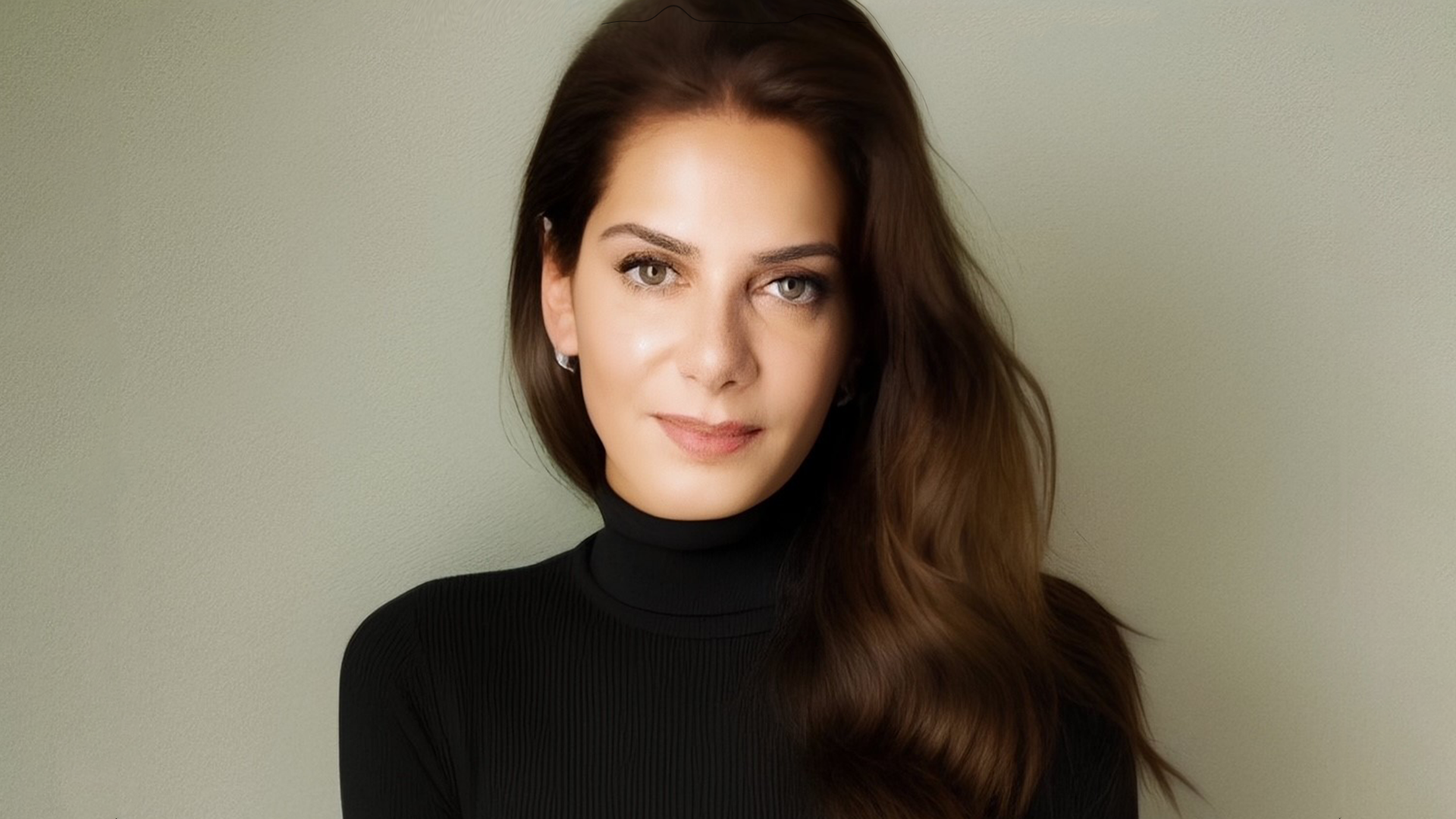David Johnstone tells us that luxury lifestyle can be a tricky business and why the future of lifestyle management lies not with a traditional concierge

David Johnstone tells us that luxury lifestyle can be a tricky business and why the future of lifestyle management lies not with a traditional concierge
Whilst the Key-2 Luxury may be an eight year old business, in a luxury world returning to its core values – bespoke products, limited availability and service-as-paramount to name a few – it has become particularly timely and relevant. Founded by luxury lifestyle entrepreneur, David Johnstone, they key is more network than accessory, not available for sale to the general public and giving the owner access to some of the most sought-after venues and events in the world.
Beginning his career at Grosvenor House at the age of 18, trying his hand at everything from ‘pot washing to reception to waiter to concierge’, David eventually became personal assistant to an Indian self-made telecoms billionaire, travelling the world and developing an inherently global understanding of luxury.
“Seeing a handful of cultures and the way they appreciate luxury, service and access, I’d say that very much did form my ethos now. Luxury for me is accessibility, limited supply, and coming from a hospitality background, service is absolutely paramount. Luxury is not just about the product, it’s not just about what you buy, it’s the way it’s bought and the way it’s presented to you and the service that goes behind it.”
“ luxury is not just about the product, it’s not just about what you buy, it’s the way it’s bought and the way it’s presented to you ”
On return to the UK David launched one of the first lifestyle management companies in London, the Saville Row Tailor Made Club, linking affluent individuals with prestigious venues and lifestyle events. Despite its success, Johnstone quickly realised its limitations, acknowledging that whilst it was ‘hugely enjoyable’ to network as a job, it lacked opportunities for scale without losing the cornerstone exclusivity proposition.
“If you want to scale your business, you need more clients to pay you more money, but if they pay more money they want more time and they want more access. And if you have 1000 clients who all want a table at Le Caprice on Valentine’s Day, you can’t deliver, which puts fault into your model.”
Whilst Johnstone was not convinced in the merits of a traditional concierge model, he still believed there was an opportunity for something like and went on to develop the Key-2 Luxury: a not-for-public-sale accessory, giving the owner lifetime preferential access to some of the world’s most prestigious venues.
“I think what we do is ultimately what the industry want: cut out the middleman. With a concierge, you ring a concierge, they ring the restaurant, the restaurant rings the concierge and the concierge rings you back. This is valuable when you are out of your depth: when you are in a city you don’t know or somewhere you don’t speak the language, but when you are in a city where you live, what is to stop you from ringing the restaurant yourself?”
“ during the recession we made the decision to keep the distribution private, as against trying to bastardise it for cash flow ”
“We do what nobody else is willing to do, which is give keyholder’s a full address book of every contact of every partner venue that will look after you directly, with whom you can build your own relationship with. At the end of the day neither party wants to talk to a middle person, as it doesn’t add value and sometimes just gets in the way, which is something that no VIP’s want.”
The Key-2 Luxury is wholesaled to corporate customers that are then gifted onto their VIP clients. The key gives the owner online access to a database of select venues and services around the world, with a listing of key contacts at each establishment. To become a partner, the establishment must offer some kind of extra benefit to the clients as well as preferential service, in return, Key-2 Luxury promotes their business accordingly to VIP keyholder’s around the world. A valuable proposition in times of prosperity, but a difficult sell in times of downturn.
“Over the last two years with the recession, luxury corporate gifts took a massive downturn, which as a business that does not sell to individuals, only corporates, was serious. We could have easily have compromised the brand by opening it up to the general public for general purchase, but we made the decision to keep the distribution private to actually improve the brand and the product, as against trying to bastardise it for cash flow purposes only.”
“Now however, there seems to be a definite increase in confidence, people are out again, people are spending. Talking to suppliers they all feel like this is the beginning of a return.”










